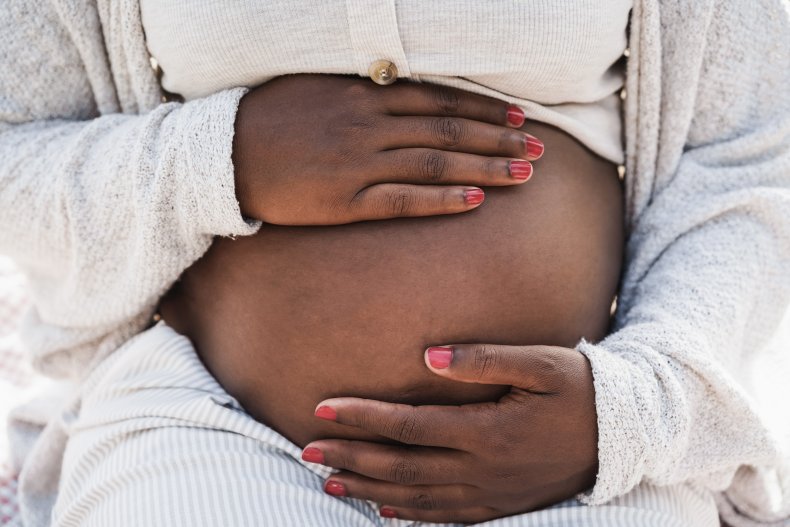A Michigan mother has given birth to her third set of twins. Mother of nine, Arlena Bomer was so surprised to find that she was carrying a pair pair of babies that she asked doctors to perform another ultrasound, according to a Fox 2 report on Monday.
The 41-year-old from Detroit, a twin herself, already has two sets of twins, 9-year-olds Jamal and Jordan, and 1-year-old girls Leah and Lena.
"Ah no, I was looking crazy, I couldn't believe it," she told Fox 2. "Of course, I was crying and looking, and crying because I still can't believe it—three sets of twins, man."
The boy and girl twins arrived a month early, with the boy weighing 4 pounds 8 ounces, and his twin sister 2 pounds 14 ounces. Bomer, whose eldest child is 19, and her partner Dwight Anderson have yet to give the twins names.
Fox 2 reported that the father of the twins, Anderson, is calmer regarding the situation as twins run on both sides of the family. His grandmother gave birth to two sets of twins, and triplets.
Anderson told Fox 2: "I am just happy—happy that they are here, I am happy that they are healthy."
Bomer told the news station: "I'm a twin and my twin brother has 12 kids and he has no twins—I'm taking it all."
Having three sets of twins may not be as extraordinary and unusual as it initially sounds. This is especially true when the twins are not identical.
In the U.K, a 2013 BBC article said the chances of having non-identical twins is 112 to one. But, for mothers who have already birthed non-identical twins the chances of having another set goes down.
Director of the Multiple Births Foundation, Jane Denton, told the BBC: "Family studies have shown that a woman who has had DZ (non-identical) twins is more about four times more likely to have more [than a woman who has not]."
That means that chances of having another set of non-identical twins for these women drops to just 28 to one. But identical twins are far more rare, occurring in one in every 227 pregnancies in the U.K.
In 2019, there were 120,291 twin births in the United States, according to the Centers for Disease Control and Prevention (CDC). That is about 32 twin births for every 1,000 live births.
The CDC says that twinning rates increased by 79 percent between 1980 to 2014, but began to decline after this. Between 2014 and 2018 the rate of twin births fell by 4 percent.
With regards to their twins, Anderson said that giving the twins a name is down to their mother this time. He said: "I named the girls so I am going to let mom do this one."
And while the mother and father do not plan to have any more children, they said that a larger home may still be needed.
"Big enough space for them. That's what I got now, that's what I got to work on," Bomer concluded. "Because they are not just coming by one—they are coming by two."


Post a Comment